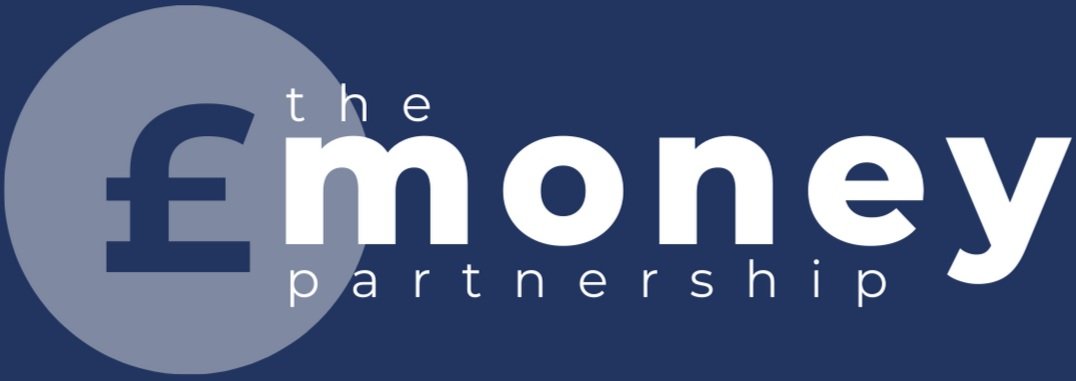Learn more about remortgaging and how to stay ahead of further mortgage rate increases…
With the cost of living still increasing, we’re all trying to find ways to save. Your mortgage payment is probably your highest expense each month, so it’s definitely worth checking to see if your current deal is coming to an end, or if it already has, making the necessary arrangements to secure a new deal.
Not sure how remortgaging works? Read our frequently asked questions below…
What is a rate switch?
This is the process of switching to a better rate with your existing lender.
What is a remortgage?
This is the process of moving your mortgage loan from one lender to another. In the process, you may want to apply for additional borrowing if you would like to pull equity out of your property or consolidate debt.
When is the right time to remortgage?
If you're on a fixed rate mortgage, you can arrange your next deal up to 6 months before. If you’re already on your lender’s standard variable rate, you may want to consider arranging a new mortgage deal as soon as possible to get ahead of further rate increases.
How can I find the cheapest mortgage rate?
Think about it like a comparison site. Whole of market, independent mortgage advisers like us can scour the market to find the best rate available to you and a lender who will accept your application. Save yourself the time of phoning around different banks when you can have a dedicated adviser who will find you a mortgage agreement with criteria that you're more likely to get accepted for.
What if I’m already on my lenders standard variable rate?
If your fixed deal has ended, it means you have defaulted onto your lenders standard variable rate (SVR). This tends to much higher than a fixed or tracker mortgage rate. The average SVR is currently 4.91%. You may want to explore a new mortgage deal so that you can find a better interest rate and reduce your monthly repayments.
Can I arrange a new fixed deal if I plan on moving home soon?
Some lenders will allow you to port your fixed mortgage to a new property without any exit fees. Just be sure to check before moving forward with a new deal. You could also consider a tracker mortgage if you’re looking to move soon, but I can tell you more about that another time.
Will mortgage rates keep rising?
When the Bank of England increases the base rate, lenders who borrow from them (like your mortgage lender), increase their interest rates too. The base rate could increase again, which is why it’s crucial to stay on top of your finances and review your current mortgage arrangements if you haven’t already.
Can I take money out of my property?
If you’ve had your property for several years, you’ve likely built up a fair bit of equity. The next time you remortgage you could pull some of this money out of your property. You could pay off debt, renovate, pay off a help-to-buy loan, whatever you choose.
What is debt consolidation?
If you have any debt from credit cards and personal loans, it’s likely the interest rate is higher than your mortgage. You could remortgage to increase the size of your mortgage loan and use the money you pull out of your property to repay those other debts.
With rates continuing to increase, it’s so important to be proactive with your finances to ensure you’re not paying over the odds. If you need help with any new mortgage arrangements or have any questions about remortgaging, a chat costs nothing.

